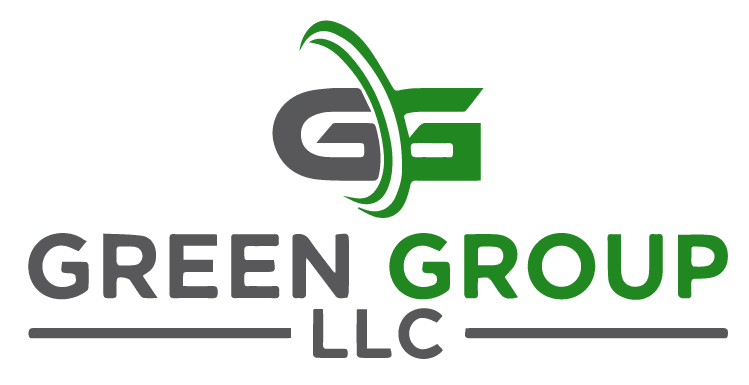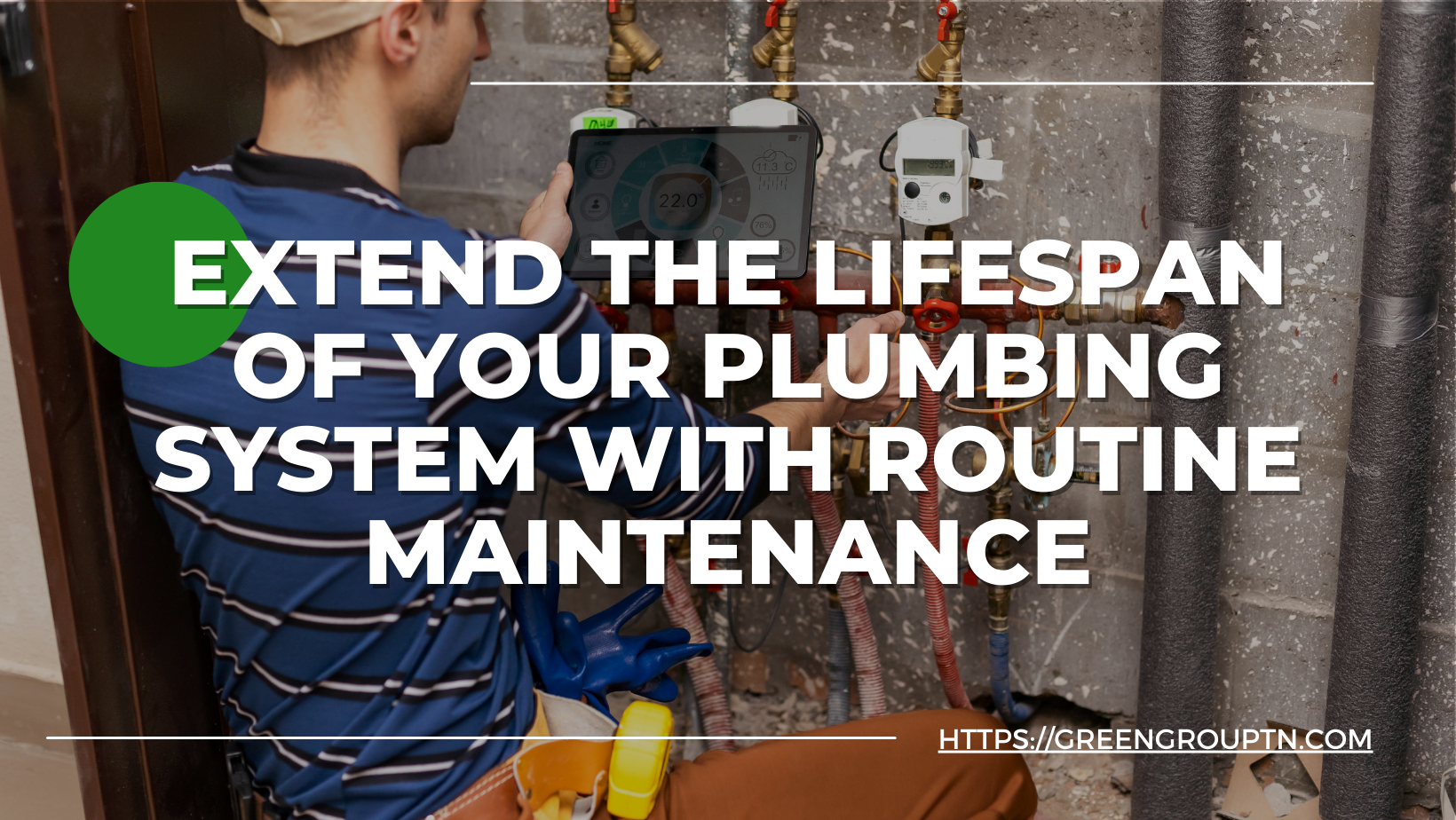When it comes to maintaining a comfortable and efficient home, many of us tend to focus on aspects like heating, cooling, or even our landscaping—but often overlook one crucial element: the plumbing system. Pipes, faucets, drains, and fixtures are constantly at work behind the scenes, delivering clean water and whisking away wastewater. With proper care, your plumbing system can serve you reliably for decades, but neglecting routine maintenance can lead to costly repairs, unexpected disruptions, and even health concerns.
It’s estimated that Americans waste a staggering amount of water each year due to leaks and inefficiencies. Minor plumbing issues might seem harmless at first, but over time, they can contribute to substantial water loss, increase your utility bills, and reduce the overall lifespan of your system. By prioritizing routine maintenance, you’re not only conserving a valuable resource—you’re also protecting your wallet and preserving the comfort of your home.
Why Routine Plumbing Maintenance Matters
Your plumbing system, much like your car or your HVAC system, needs regular check-ups to keep performing at its best. Here are some of the primary benefits of routine maintenance:
- Reduced Repair Costs:
Addressing minor issues before they escalate can save hundreds or even thousands of dollars in future repairs. A small leak today could lead to significant water damage, mold growth, or foundational issues if left unresolved. - Improved Efficiency:
Well-maintained pipes, fixtures, and appliances operate more efficiently, helping you conserve water and energy. This not only lowers your monthly utility bills but also lessens your environmental footprint. - Extended Lifespan of Pipes and Fixtures:
By regularly inspecting and servicing your plumbing system, you can catch corrosion, worn-out parts, or sediment buildup early. Replacing or repairing these components prolongs the life of your system, postponing the need for costly overhauls.
Key Components of a Plumbing Maintenance Checklist
To ensure your plumbing system stands the test of time, consider the following tasks as part of a regular maintenance routine:
- Inspect Pipes for Leaks:
Even a tiny drip can waste gallons of water over time. Check under sinks, around toilets, and in basements or crawl spaces for signs of moisture or mold. Early detection allows you to fix leaks before they cause extensive damage. - Clean Drains and Avoid Harsh Chemicals:
Over time, debris like hair, soap scum, and grease can accumulate in your drains, slowing water flow and increasing the risk of clogs. Use drain covers to catch larger debris and periodically flush drains with hot water, baking soda, and vinegar to clear minor buildup. Avoid using harsh chemical drain cleaners, which can corrode pipes. - Check Water Pressure:
Excessive water pressure puts stress on your pipes and fixtures, leading to leaks and early wear. Invest in a pressure gauge to ensure your pressure falls within the recommended range (usually 40-60 psi). If it’s too high, consider installing a pressure regulator. - Flush Your Water Heater:
Sediment buildup in your water heater tank can reduce efficiency and shorten its lifespan. Flushing it at least once a year helps remove sediment, ensuring consistent hot water and lower energy costs. - Consider a Water Softener if Needed:
Hard water can cause mineral buildup in pipes and appliances, leading to inefficiencies and premature wear. If you notice limescale or frequent clogs, consider installing a water softener to protect your plumbing and extend its lifespan. - Inspect Fixtures and Appliances:
Check faucets, showerheads, and other fixtures for leaks, corrosion, or damaged parts. Replacing worn washers or upgrading to more efficient fixtures can prevent leaks and improve water flow. - Maintain Outdoor Plumbing:
Before winter arrives, disconnect garden hoses and drain outdoor faucets to prevent freezing and bursting. Protect exposed pipes from temperature extremes with proper insulation.
Signs That Maintenance is Overdue
If you haven’t been keeping up with routine maintenance, your home may be sending you subtle (or not-so-subtle) signals:
- Slow Drains:
If water lingers in your sink or shower, it’s a clear indication of buildup or partial clogs. Regular drain maintenance can help avoid these issues. - Low Water Pressure:
Decreased water pressure may suggest leaks, corrosion, or mineral deposits restricting flow. - Higher Utility Bills:
A sudden spike in water usage or energy costs might indicate hidden leaks, inefficient heaters, or other underlying problems. - Unusual Noises or Odors:
Gurgling drains, banging pipes, or foul smells can signal ventilation problems, blockages, or even sewer line issues that require professional attention.
The Importance of Professional Inspections
While DIY maintenance tasks can go a long way in preserving your plumbing, some issues remain hidden behind walls, under floors, or deep within pipes. This is where professional inspections play a crucial role. Certified plumbers have the expertise and specialized tools—like video cameras for pipe inspections—to detect:
- Hidden Leaks and Pipe Corrosion:
Even minor, unnoticed leaks can cause structural damage over time. Professionals can pinpoint leaks with precision, preventing significant water loss and damage. - Foundation-Related Problems:
Older homes or those built on shifting soil may experience pipe “bellies” or sagging lines that lead to recurring clogs and water pressure issues. A professional can identify these challenges before they wreak havoc. - Complex Blockages and Sewer Line Damage:
Roots, debris, and grease can clog sewer lines deep underground. Professionals can deploy hydro jetting or other advanced techniques to clear these tough blockages and prevent sewer backups.
DIY vs. Professional Maintenance: Finding the Right Balance
Homeowners can handle several basic maintenance tasks—such as periodically checking for leaks, cleaning faucet aerators, or unclogging minor drain blockages with a plunger. But when problems escalate beyond simple clogs or you notice persistent issues like low water pressure, it’s time to bring in the professionals.
Professionals can ensure that your plumbing system remains efficient, safe, and compliant with local codes. Their expertise can save you from extensive damage, sudden emergencies, and the stress of dealing with major repairs.
Extending Your Plumbing’s Lifespan Through Prevention
In essence, the key to extending your plumbing system’s lifespan lies in proactive care. By adopting a regular maintenance routine, you can catch small issues before they spiral into costly disasters, ensure consistent water flow, and keep your home comfortable.
Call to Action
If you’re ready to give your plumbing system the care it deserves, consider enlisting the help of experienced professionals. Contact Green Group today at www.greengrouptn.com to schedule an inspection, discuss your concerns, or learn more about our comprehensive plumbing services. Together, we’ll help you maintain a reliable, efficient, and long-lasting plumbing system that stands the test of time.

